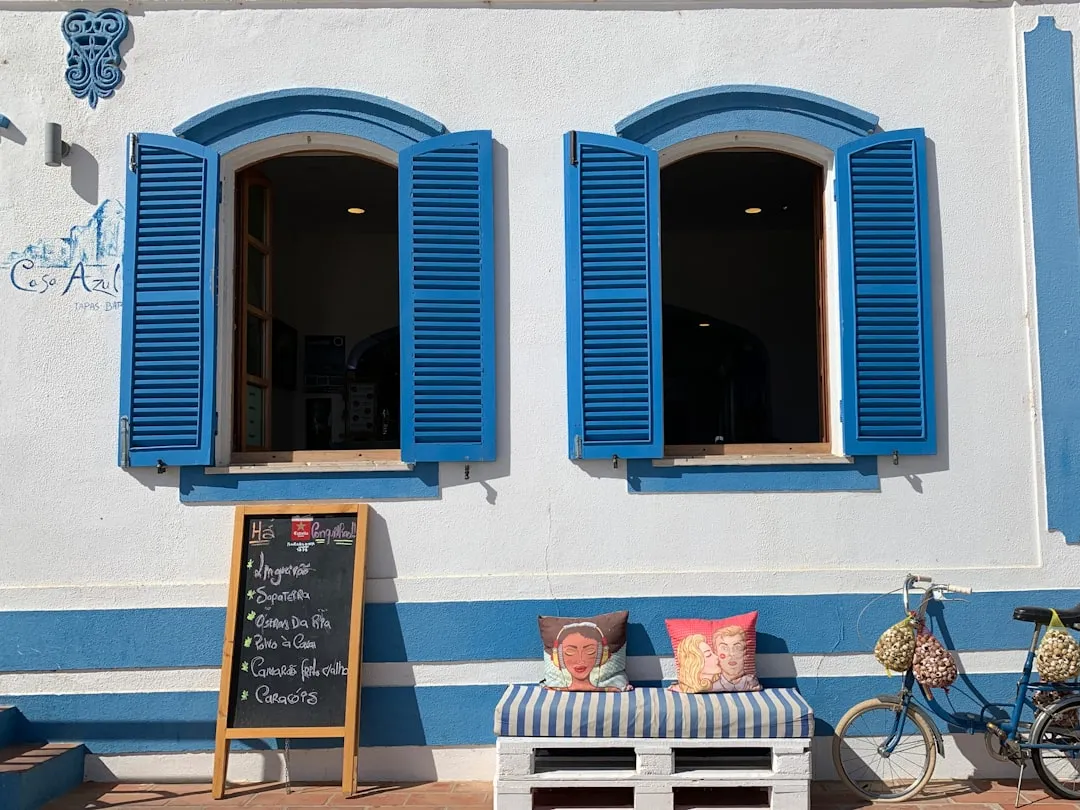Spain NIE: Everything You Need to Know
A complete guide to the Spain NIE, covering requirements, application process, and benefits.

Image by Eduardo Rodriguez

Fabrizio
Movyzen Co-Founder
Table of Contents
If you're planning to live, work, or invest in Spain, obtaining a NIE (Número de Identificación de Extranjero) is one of the first steps you'll need to take. This essential identification number is required for many legal and financial transactions in Spain, including opening a bank account, signing a rental contract, or buying property. In this guide, we’ll explain what the NIE is, why you need it, and how to obtain it.
What Is the NIE?
The NIE is a unique identification number assigned to foreigners who have a financial, legal, or professional relationship with Spain. It translates to "Foreigner’s Identification Number" and is equivalent to a tax identification number. Think of it as your gateway to functioning in Spain’s bureaucratic and financial systems.
The NIE is issued by the Dirección General de la Policía (National Police) and is valid for life, although it may need to be renewed under specific circumstances.
Why Do You Need an NIE?
You’ll need an NIE for a variety of purposes, including:
- Property Transactions: Buying or selling real estate.
- Banking: Opening a Spanish bank account.
- Taxes: Paying taxes or engaging in any fiscal activity.
- Employment: Working legally in Spain or registering as self-employed.
- Social Security: Accessing Spain’s healthcare and pension systems.
- Education: Enrolling in courses or programs.
- Vehicle Ownership: Registering or purchasing a vehicle in Spain.
- Utilities: Setting up electricity, water, or internet services.
Essentially, if you’re planning to stay in Spain for any length of time or conduct financial transactions, the NIE is indispensable.
How to Apply for an NIE
Obtaining an NIE involves specific steps. Here’s a detailed breakdown:
1. Determine Where to Apply
You can apply for an NIE in one of three ways:
- In Spain: At a local Comisaría de Policía (Police Station) or an Oficina de Extranjería (Foreigner’s Office).
- From Abroad: Through a Spanish consulate in your home country.
- Through a Legal Representative: If you’re unable to apply in person, a lawyer or authorized representative can apply on your behalf.
2. Gather the Required Documentation
The documents required for an NIE application typically include:
- Completed Application Form (EX-15): This is the official NIE application form.
- Valid Passport: Original and a photocopy of your passport.
- Reason for the NIE: Proof of why you need the NIE, such as a job offer, property purchase agreement, or rental contract.
- Payment of Fees: Proof of payment of the NIE processing fee, which is usually done using a Modelo 790 form.
- Tip: Check with the specific office you’re applying to, as additional documents may be requested depending on your circumstances.
3. Attend the Appointment
If applying in Spain, you must make an appointment (cita previa) online. Bring all your documents to your scheduled appointment at the police station or foreigners’ office. The officials will process your application and, in most cases, provide you with a temporary NIE.
4. Wait for Your NIE
The processing time for an NIE can vary:
- In Spain: It can take from a few days to several weeks, depending on the office and region.
- Abroad: Applying through a consulate may take longer, often several weeks to a couple of months.
Frequently Asked Questions About the NIE
1. Is the NIE the Same as a Residency Permit?
No. The NIE is purely an identification and tax number for foreigners. It does not grant residency or the right to work or live in Spain. For residency, you’ll need to apply for a visa or residency card.
2. Does the NIE Expire?
The NIE number itself does not expire. However, if it’s tied to a specific visa or permit, those may have expiration dates.
3. Can I Apply for an NIE Without Being in Spain?
Yes, you can apply for an NIE from abroad through a Spanish consulate, or have a legal representative apply on your behalf.
4. Can I Use My NIE to Travel in the EU?
No. The NIE is not a travel document. You’ll need a valid visa or residency card for mobility within the Schengen Area.
Practical Tips for a Smooth Application Process
- Book Your Appointment Early: Appointments for NIE applications can fill up quickly, particularly in high-demand areas like Madrid or Barcelona.
- Bring Copies: Always have photocopies of your documents. Some offices require multiple copies.
- Use a Translator if Needed: All official forms and interactions will be in Spanish. If you’re not fluent, consider hiring a translator or asking a Spanish-speaking friend for assistance.
- Check Office-Specific Requirements: Each police station or consulate may have slightly different processes or document requirements.
Conclusion
Obtaining your NIE is a crucial step in integrating into life in Spain, whether you’re planning to work, study, retire, or invest. While the process can seem bureaucratic, with proper preparation and patience, you’ll secure your NIE and unlock access to everything Spain has to offer.
By understanding the steps and requirements outlined in this guide, you’re well on your way to navigating Spain’s administrative systems with confidence and ease.
FAQs
1. What is a Spanish NIE?
A Número de Identificación de Extranjero (NIE) is a tax identification number required for foreigners in Spain to conduct legal and financial transactions.
2. How do I obtain a Spanish NIE?
You can apply for a NIE at:
- A Spanish consulate in your home country
- The Immigration Office (Extranjería) or National Police station in Spain
- Through a legal representative in Spain with power of attorney
3. What documents are needed to apply for a NIE in Spain?
- EX-15 form (NIE application form)
- Passport + copy (or valid ID for EU citizens)
- Justification for requesting a NIE (e.g., work contract, home purchase, study enrollment)
- Tasa 790 form (to pay the government fee, around €9-12)
4. How long does it take to get a NIE in Spain?
Processing times vary:
- Same day or a few days if applying in Spain in person
- 2-6 weeks if applying through a consulate abroad
5. Can I work in Spain without a NIE?
No, you need a NIE to legally work, sign a contract, and pay taxes in Spain.
6. Do I need a NIE to buy a house in Spain?
Yes, a NIE is required to purchase property, open a bank account, and pay taxes.
7. Can I leave Spain while waiting for my NIE?
Yes, but it is recommended to stay until you receive it, especially if applying in Spain, as you might need to collect it in person.
8. Does a Spanish NIE number expire?
No, NIE numbers do not expire, but if issued before 2016, you may need to update your certificate.
9. How much does it cost to get a NIE in Spain?
The official fee (Tasa 790-012) is around €9-12, but using a gestor (consultant) can cost between €50-200.
10. What is the difference between NIE and residency in Spain?
- A NIE is a tax identification number and does not grant residency.
- Residency (TIE for non-EU or EU registration certificate) allows you to legally live in Spain long-term.
Stop planning, just do it.
Start now your relocation with Movyzen and let us take care of the bureaucracy.


